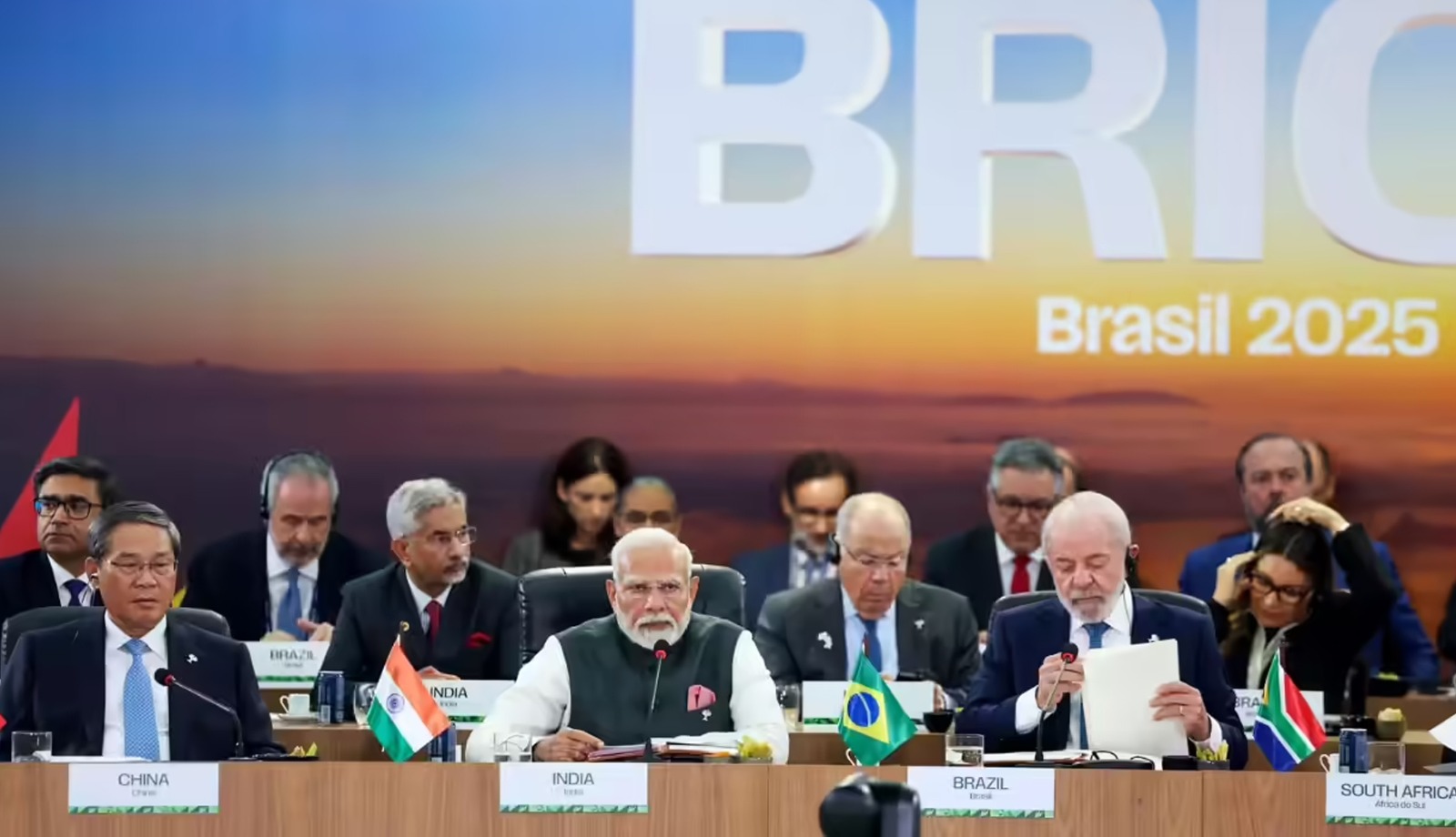
Dipanjan Mondal
New Delhi, 08 July, 2025:
Amid growing worries about China’s control of rare earth supplies, Prime Minister Narendra Modi, speaking at the BRICS summit, urged member countries to collaborate on building secure and reliable critical mineral supply chains, free from geopolitical pressures.
At the 17th BRICS Summit in Rio de Janeiro, Modi cautioned against the use of strategic resources as weapons. He emphasized that BRICS nations must unite to secure supply chains for critical minerals and ensure no country exploits these resources against others. “We need to work together to make supply chains for critical minerals and technology secure and reliable. It’s important to ensure that no country uses these resources for its selfish gain or as a weapon against others,” Modi stated.
During a session on multilateralism, economic governance, and artificial intelligence, Modi highlighted the urgent need for safe and resilient critical mineral supply chains. This message was widely seen as a subtle reference to China’s substantial control over rare earth processing.
China currently holds more than 90 percent of the global rare earth processing capacity, a dominance achieved through decades of careful planning. While many countries have only recently focused on these essential materials, China began establishing its monopoly in the 1970s and 1980s through targeted policies, scientific investments, and environmental compromises, according to a report by The New York Times.
Modi’s comments come amid increasing global concern over China’s recent export restrictions on rare earth metals, which are vital for clean energy systems, electric vehicles, and advanced electronics. Many view these restrictions as an attempt to use economic leverage for geopolitical gains.
Looking to the future, Modi also indicated India’s ambitions for BRICS. As India prepares to assume the bloc’s presidency from Brazil next year, he promised to reshape BRICS, hinting at structural or strategic changes under New Delhi's leadership.
“Under India’s BRICS presidency, we will work to define BRICS in a new form. BRICS will mean Building Resilience and Innovation for Cooperation and Sustainability. Just as we prioritized the Global South during our G-20 chairmanship, we will advance this forum with a focus on people and humanity during our BRICS chairmanship,” Modi said during the session on Environment, COP 30, and Global Health.
Beyond minerals, Modi also called for significant reforms to global governance institutions. He urged organizations like the United Nations Security Council, IMF, World Bank, and WTO to better reflect the changing power dynamics and aspirations of the Global South.
The summit wrapped up Monday evening with an agreement on boosting multilateral cooperation, though ongoing divisions around critical minerals and trade controls remain.